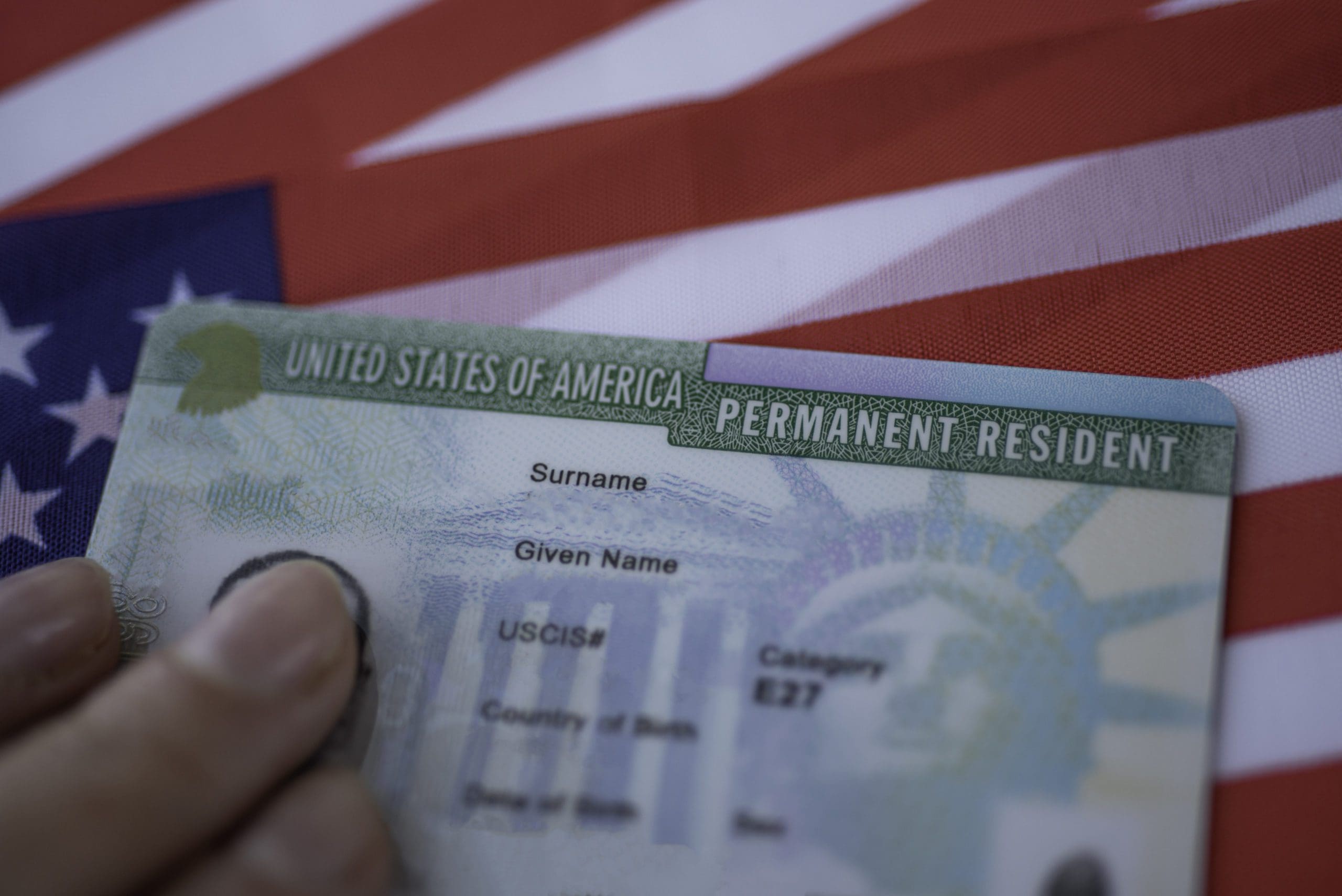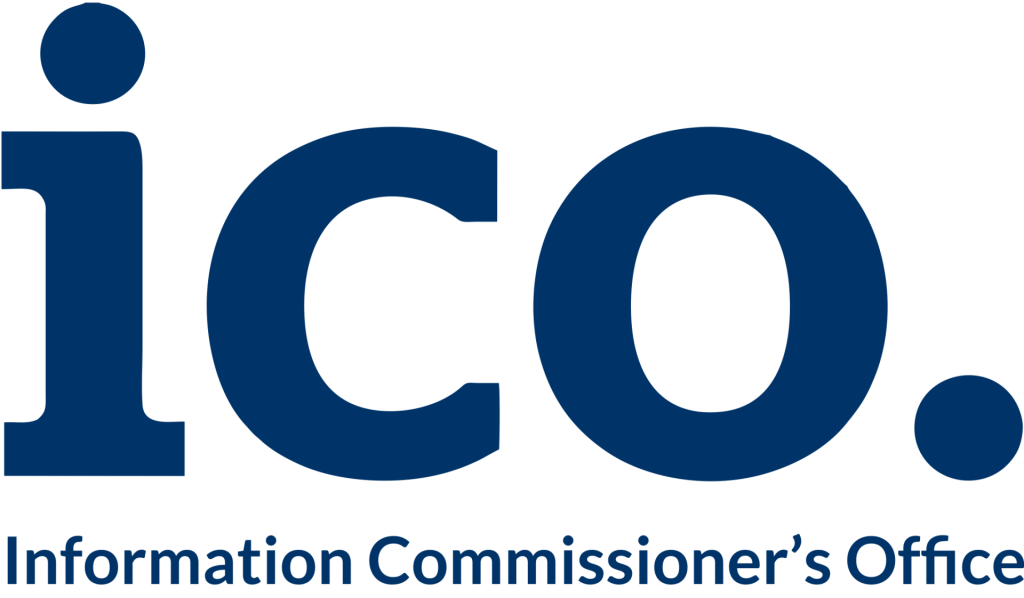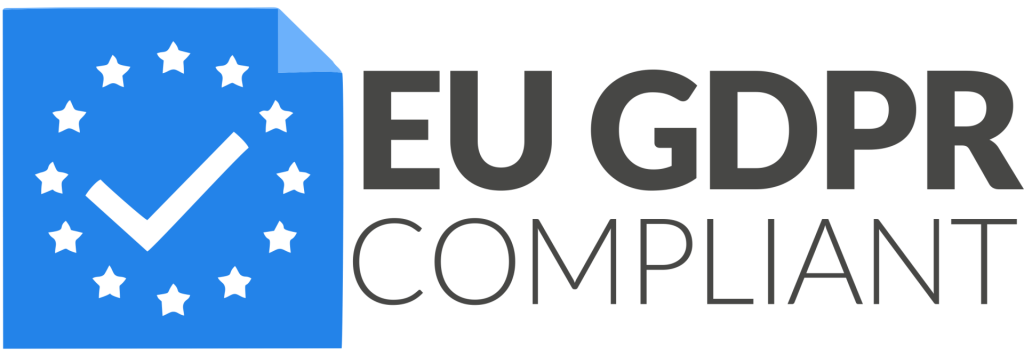Court records have long been part of employment screening, but their use has raised ethical and legal questions. Should an old civil lawsuit disqualify a candidate? What about minor charges that were dismissed? These debates continue to shape how court records are interpreted in background checks. By 2025, organizations must strike a careful balance between risk management and fair hiring practices. Employers must also comply with jurisdictional laws. In the U.S., for instance, the Equal Employment Opportunity Commission (EEOC) provides guidelines to prevent discrimination. Similarly, in Europe, GDPR ensures that only relevant and proportionate information is considered. Ignoring these frameworks can lead to lawsuits and fines. Court record verification is not always about rejection. Sometimes, it provides context for making informed decisions. A candidate with an old civil debt may still be suitable for a non-financial role. Transparency with candidates about what is being checked and why is crucial. This maintains trust in the hiring process. Technology will also shape court record verification. Real-time access to digital court archives will make processes faster and more reliable. Employers who adopt nuanced, fair approaches to using court records in background checks will not only reduce risks but also uphold their reputation for ethical hiring.
Court Records and Employment: Navigating the Fine Line


































